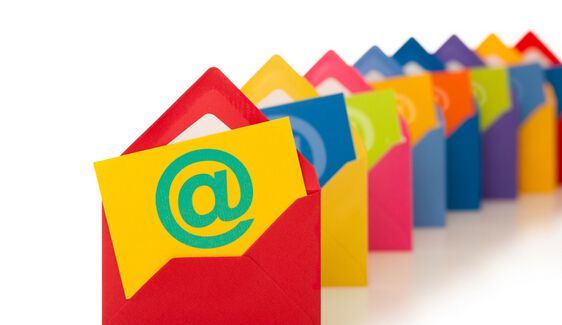七条秘诀让你成为谈判专家
|
爱思英语编者按:商务谈判是一件需要技巧的事。谈判者需要对专业知识非常熟悉,具备很强的人际交往能力和随机应变能力。这些要求是最基本的,除此之外,一个好的谈判专家都是有一些秘诀的。专家就从心理学的角度来破解了这些秘诀。运用以下的7个秘诀,无战不胜。 7 Ways To Win Any Negotiation
No matter how much you may hate to negotiate yourself into a deal—or even out of one—negotiating is a very legitimate business skill to acquire. It's even more crucial if you're a smaller business trying to get off the ground. You will have to make your arguments against much bigger, more powerful entities so it's essential that you know the science behind negotiation skills and how they affect the other party's psyche. Based on psychological research, here are some negotiation tips that will help you to get what you want.
In these minutes, the study says you need to focus on "conversational engagement, prosodic emphasis—which basically means you should copy the emotional state of the speaker—and vocal mirroring" to help the negotiations end well on your side. These first minutes are important because the other party is evaluating you most intensely during this time. They are "sizing you up" and trying to figure out if you actually mean what you say or if you're merely trying to get more than what you know you're worth. Either way, start out likable so that the other person doesn't shut down on you. If you are able to open him up during these first few minutes, he will listen to your arguments throughout the negotiation. If not, you're basically wasting your time.
Even if you know the number is ridiculously more than what you would be satisfied with, you are the only person who knows this. The other party doesn't know; they can only assume it.
It all comes back to that "anchor" number we discussed earlier. If you are the first to go, you are able to set the anchor number, and every number that follows this number will be compared or related to it. The study says that by "making the first offer, you will anchor the negotiation in your favor." Making the first offer will also show the other party that you are a confident individual since it's very rare that someone who lacks confidence and power ever makes the first offer.
In a study published in the European Journal of Social Psychology, researchers say that "the social signal value of anger enhances the credibility of the complainant and hence leads to better compensation, but only when the complaint itself presents room for doubt." These emotional signs will signal to the other party that you care about what you're arguing about, that you have done your research on the topic and understand the numbers that you're arguing for.
The study says that "attitudes formed after caffeine consumption resisted counter-persuasion and led to indirect attitude change." The means that you won't budge much during your negotiation and this will probably lead to "greater agreement" during the interaction.
In an article published in ScienceDaily, researchers say that "sold-out products create a sense of immediacy for customers; they feel that if one product is gone, the next item could also sell out." This is because people think that if a product is sold out or if there's a limited time offer to it, then it must mean that it's good. If they don't make the move now, someone else will.
Gita Johar, a professor at Columbia Business School, says that when you "provide a lot of information, some of it is bound to stick." This will make the other party "open to persuasion." When you provide people with as much information as possible, it enables them to "resolve ambivalent feelings" toward what they're hearing. There's a good chance the other party will be influenced by all this data without even realizing it.
|









